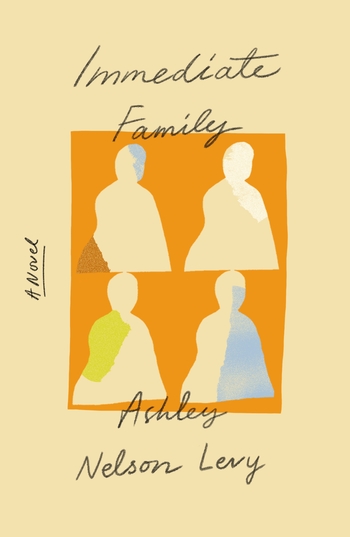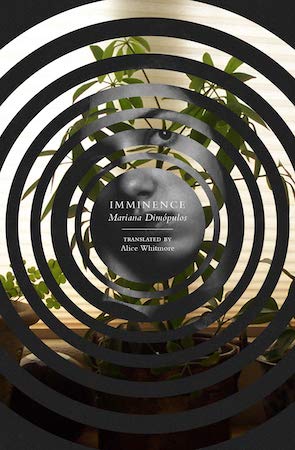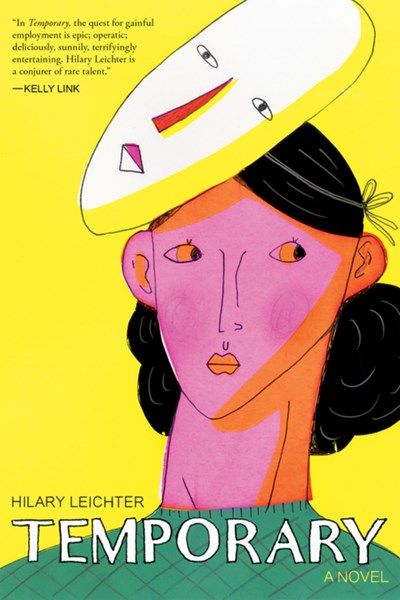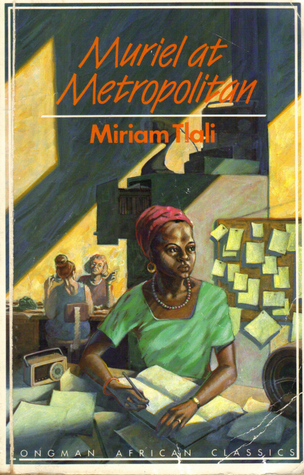If you enjoy reading Electric Literature, join our mailing list! We’ll send you the best of EL each week, and you’ll be the first to know about upcoming submissions periods and virtual events.
Purgatory was a place often discussed in my thirteen years of Catholic school, a spiritual middle state where a person must examine their sins and make amends, where a soul must wait. To a group of children, the prospect of waiting seemed almost as frightening as what we’d been told about Hell—we conjured visions of living in the last hour of the school day indefinitely, the final bell and the freedom to leave suspended until further notice.
Maybe it’s no surprise then that I’m drawn to fiction that operates in some kind of middle space, with hope functioning as a central tension, a prayer whispering through the page that the character might pass through to someplace better by the end. Characters examine their own failings or try to free themselves from the sins of others, stuck in someone else’s purgatory.
I thought a lot about waiting while writing Immediate Family, about how much of life operates in a holding pattern. The narrator’s desire to have a child spiritually pins her to the spot, and while she’s stuck there she must ask herself hard questions in the hope that the answers—if they can loosely be called that—might free her.
The books below represent many kinds of middle states: characters may be trapped in grief, political exile, new motherhood, or the neighborhood of their youth. I hope that you find the raw beauty in each of these as I always do—in that unexpected breath of wind at the end signaling, finally, that they might be on their way.
The Copenhagen Trilogy by Tove Ditlevsen, translated by Tiina Nunnally and Michael Favala Goldman
Tove grows up in a poverty-stricken section of Copenhagen’s Vesterbro district and dreams of becoming a poet. Vesterbro is the kind of place where it seems impossible for a soul to leave, particularly to something bigger and brighter. This chronicle of a writer’s life is gorgeous and haunting, taking readers through a childhood amid Hitler’s ascent to power, through three marriages and several pregnancies, through her rise in Danish literary society, and finally through the depths of her addiction.
The Unpassing by Chia-Chia Lin
This story is told by Gavin, a young boy in a Taiwanese immigrant family of six, but his mother is the character that has stayed with me. She’s trapped in a state of grief, along with the rest of her family—grief and the state of Alaska, with its cold and terrifying beauty. The novel follows the family in the aftermath of the death of one of the children, as each person attempts to deal with the loss in insolation, an isolation felt spiritually and literally while the family tries to make ends meet in the middle of the wilderness.
My Heart Hemmed In by Marie NDiaye, translated by Jordan Stump
Nadia is a middle-aged schoolteacher who wakes one day to find that everyone has turned against her and her husband, Ange, and she doesn’t know why. Ange is soon the target of a violent crime and Nadia roams the streets in search of answers, paranoia and fear tracing her steps. NDiaye is masterful in ripping apart genre and reconstructing it—My Heart Hemmed In reads like noir but doesn’t concern itself with conventional plot twists, instead digging deeper into the narrator’s psychological and spiritual reckoning. Only by the end does she recognize the reason she’s been punished, and the reader feels a new kind of existence begin for her.
Want by Lynn Steger Strong
Elizabeth, a Ph.D. who can’t land a university position, has two jobs that still hardly pay the rent. She plays hooky to read books in bars and cafes, while at home in Brooklyn she has two young girls, a husband, and not enough money in the bank—she and her husband must file for bankruptcy. She sets her alarm for 4:30 am to take long, cold runs through the city, as if it might help to break free from it all. At the heart of this novel is an unsparing exploration of female friendship and middle-class economic precarity, but some of my favorite parts are about how much of life is occupied by the mundane, and how this rubs up against our desire for it to feel differently.
Imminence by Mariana Dimópulos, translated by Alice Whitmore
There have been many ambitious books about the ambivalence of new motherhood in the last decade, but this swift, elegant novel is nothing like them. Over the span of an evening, the narrator recounts the intimacies and anxieties of past relationships, and the construction of these overlapping vignettes creates a kind of mesmeric, dreamlike state, as the readers slowly begin to recognize the revelation she’s moving toward.
Temporary by Hilary Leichter
If we are talking about women operating in transient spaces, I don’t think a more perfect example exists than Leichter’s novel. In search of steadiness and a place to call her own, a young woman moves from temp job to temp job, filling in for a chairman of the board, for a mannequin, for a barnacle, for a mother, for a ghost. As the novel spins into the surreal, a very real question remains around how our work defines us.
The Museum of Unconditional Surrender by Dubravka Ugrešić, translated by Celia Hawkesworth
Written in a variety of literary forms—short essays, journal entries, stories—this novel explores the complexities of political exile, and how fragmented life can feel as a result. It’s divided into seven parts, four of which take place in present-day Berlin, the unnamed narrator’s place of temporary exile, as she calls it, from the former Yugoslavia. It’s one of the most poignant and original novels you’ll read on history, art, loss, aging, and the profound effects of war.
Between Two Worlds by Miriam Tlali
Originally published under the title Muriel at the Metropolitan in 1975, this is the first novel to be published by a Black South African woman during apartheid. The literal space Muriel is confined to is her desk, working for a white business. She describes the customers that come in and out, conversations with coworkers, daily life, while also capturing the devastating experience of being a Black woman during apartheid:
“The Republic of South Africa is a country divided into two worlds. The one, a white world—rich, comfortable, for all practical purposes organized—world in fear, armed to the teeth. The other, a black world; poor, pathetically neglected and disorganized —voiceless, oppressed, restless, confused and unarmed—a world in transition, irrevocably weaned from all tribal ties.”
In the end, Muriel frees herself from the job, but she’s still trapped in a world that dehumanizes her. The book was banned for over a decade and brought back into print in 2004 under the title Tlali preferred, Between Two Worlds.









